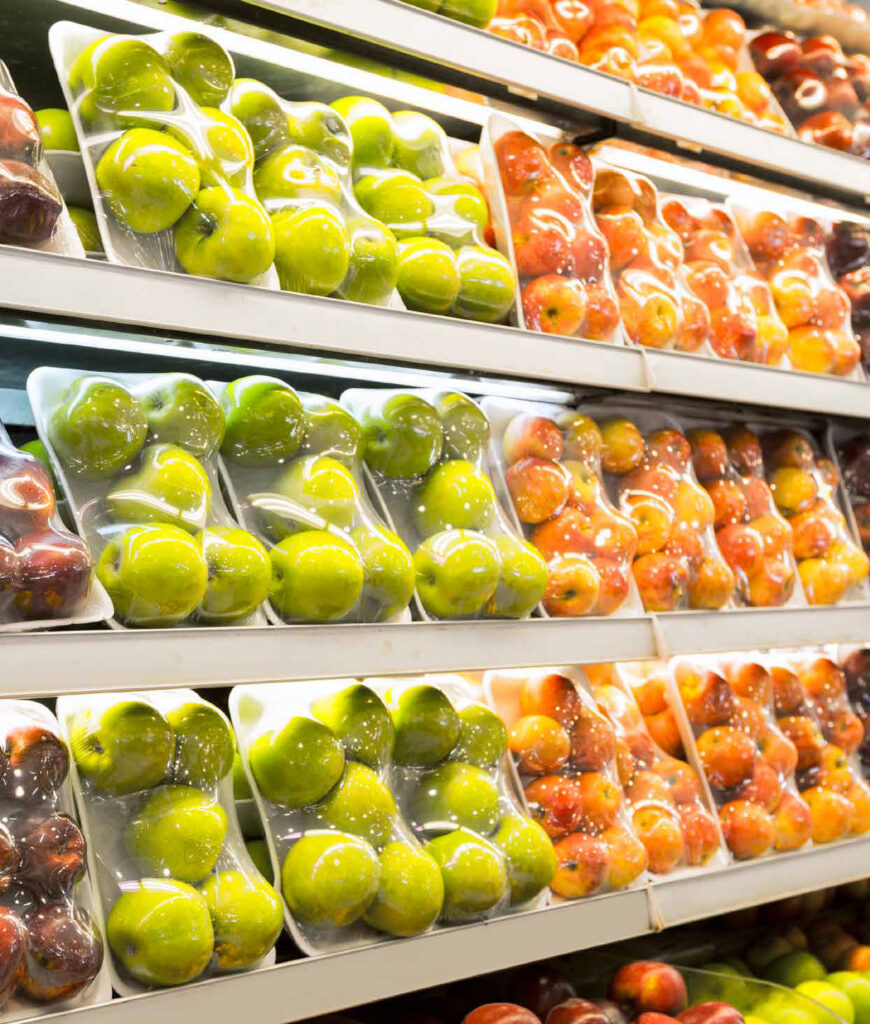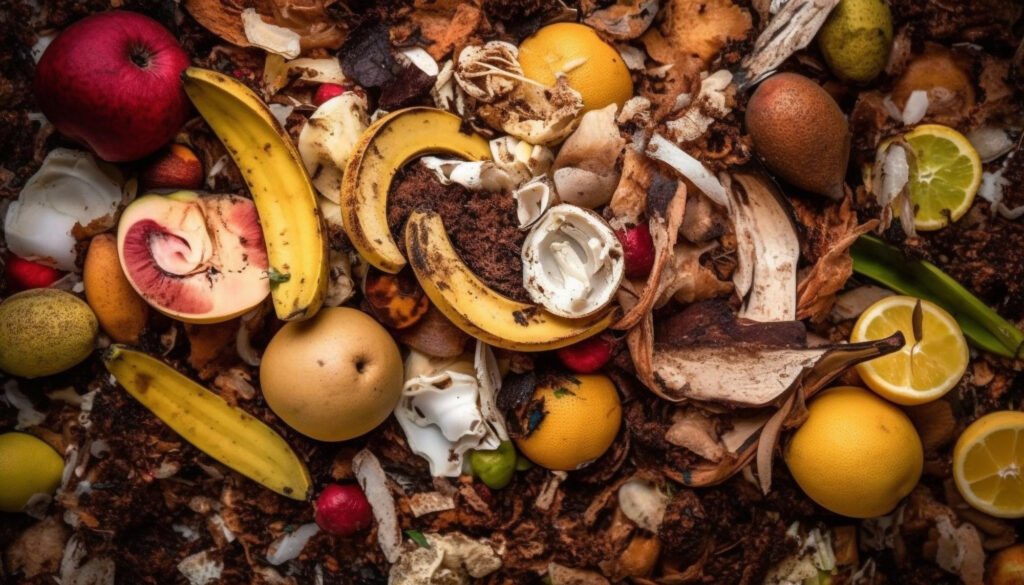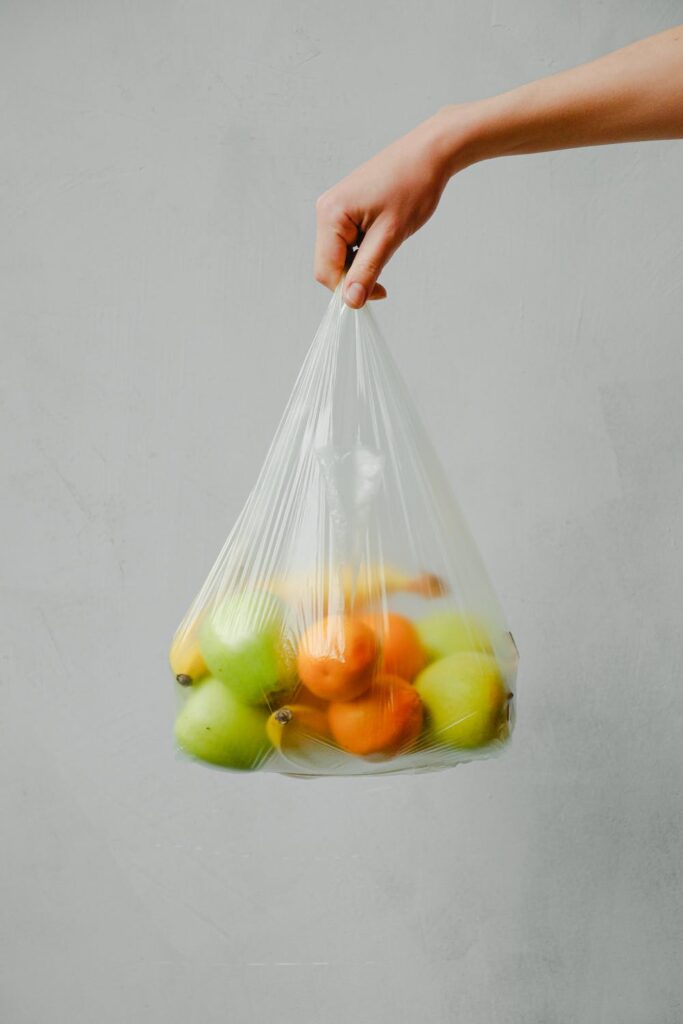
These inventory datasets are essential for calculating the carbon footprint of an individual’s consumption in Quebec.
- Sustainable consumption, Tool

Built on the solid expertise of the CIRAIG, the Observatoire sur la consommation responsable and the GreenUX Lab, the Chair on Sustainable Consumption will allow the linking of knowledge and the creation of new synergies between lifecycle analysis and responsible consumption.
It is key to democratize robust scientific knowledge on sustainability metrics, both for citizens who need to adopt more sustainable behaviours and for those who accompany them in this process (governments, responsible businesses, NPOs).
To this end, one of the projects at the heart of the Chair is the creation of a sustainable compass, based on a life cycle inventory database of consumption in Quebec, allowing individual environmental footprint calculations to be able to shed light on the consumption choices and behaviours of Quebecers in a pedagogical and entertaining way.
These tools will not only provide a better understanding of the most relevant consumption strategies, but also of the unexpected indirect environmental consequences, from a life-cycle perspective, of every choice we make.
Develop diagnostic tools to better inform individuals about their footprint
Create a panoply of complementary diagnostic tools for those who support individuals in their efforts to reduce their impacts (NGOs, industries, communities and governments, especially the Chair’s partners)
Establishing ethical and effective practices for sharing individual environmental footprint information
Create tools to help users adopt more sustainable habits
Create a range of complementary support tools for NGOs, industries, communities and governments
Efficiently support individual behavior change towards more sustainable lifestyles
Communicating and democratizing this complex knowledge in an ethical manner
At the heart of the Chair’s program, this project aims to develop a lifecycle inventory database for Quebec consumption, enabling the evaluation of the carbon footprint of the consumption of an average Quebecer using a lifecycle approach.

These inventory datasets are essential for calculating the carbon footprint of an individual’s consumption in Quebec.

This report presents the inventory of greenhouse gas (GHG) emissions related to the consumption of the Montreal community for the year 2017. The inventory covers all activities and operations taking place within the Montreal community, including household purchases and activities, spending by the Ville de Montréal itself, capital investments (e.g. the purchase of buildings or machinery) taking place within the community, as well as federal and provincial government spending benefiting the community.

In the context of the COVID-19 pandemic and the massive use of medical masks, two life cycle analyses were conducted to evaluate the environmental impacts of end-of-life management of single-use masks used in Quebec, but also of different types of reusable and single-use masks.

CIRAIG contributed to the United Nations Environment Programme (UNEP) report “Single-use supermarket food packaging and its alternatives: Recommendations from life cycle Assessments”. This report compares the environmental impacts of single use plastic packaging versus alternative options for supermarket food, intended for home consumption, and provides recommendations to policy makers.

The CIRAIG conducted a study mandated by the City of Montreal to assess the environmental benefits and the economic savings of reducing food waste initiatives using a life cycle approach, in order to identify the most effective actions.

Sara Russo Garrido participated in the full formal academic review of the Product Social Impact Assessment Handbook with the Product Social Impact Assessment Partnership led by Pré Sustainability.

Article published in “Sustainability”: Carbon Footprint of Beef Cattle by Raymond L. Desjardins, Devon E. Worth, Xavier P. C. Vergé, Dominique Maxime, Jim Dyer and Darrel Cerkowniak.

Gestimat makes it possible to perform comparative analyses of greenhouse gas (GHG) emissions due to the manufacture of materials (from cradle to factory door) for various building structure scenarios. The CIRAIG helped in calculating inventory data for the Gestimat project by Cecobois.

The first phase of a collaborative research project on the potential of circular economy on GHG emission reductions from Quebec industrial emitters.

Different dishware options for Polytechnique’s cafeteria areas, including several analyses of waste management methods

RECYC-QUÉBEC mandated the CIRAIG to evaluate the potential environmental impacts and costs of grocery bags in Quebec, using life cycle assessment (LCA).


Privacy Policy | Cookie Policy | Manage consent
© CIRAIG 2022 – 3333 ch. Queen Mary, Montreal, QC